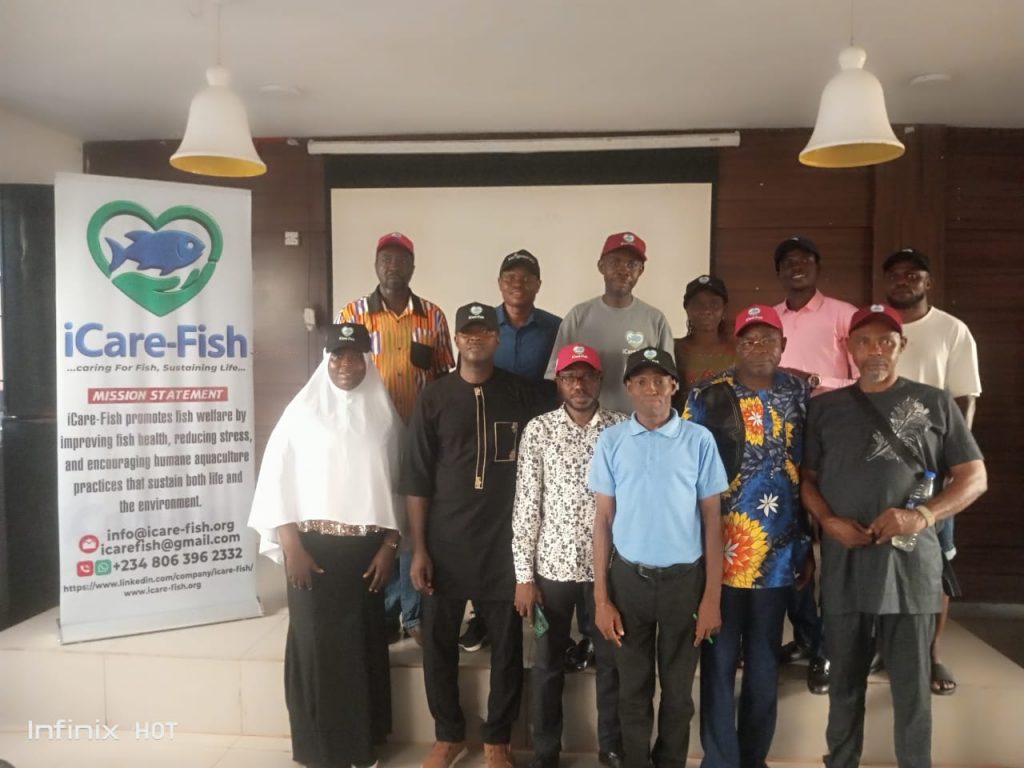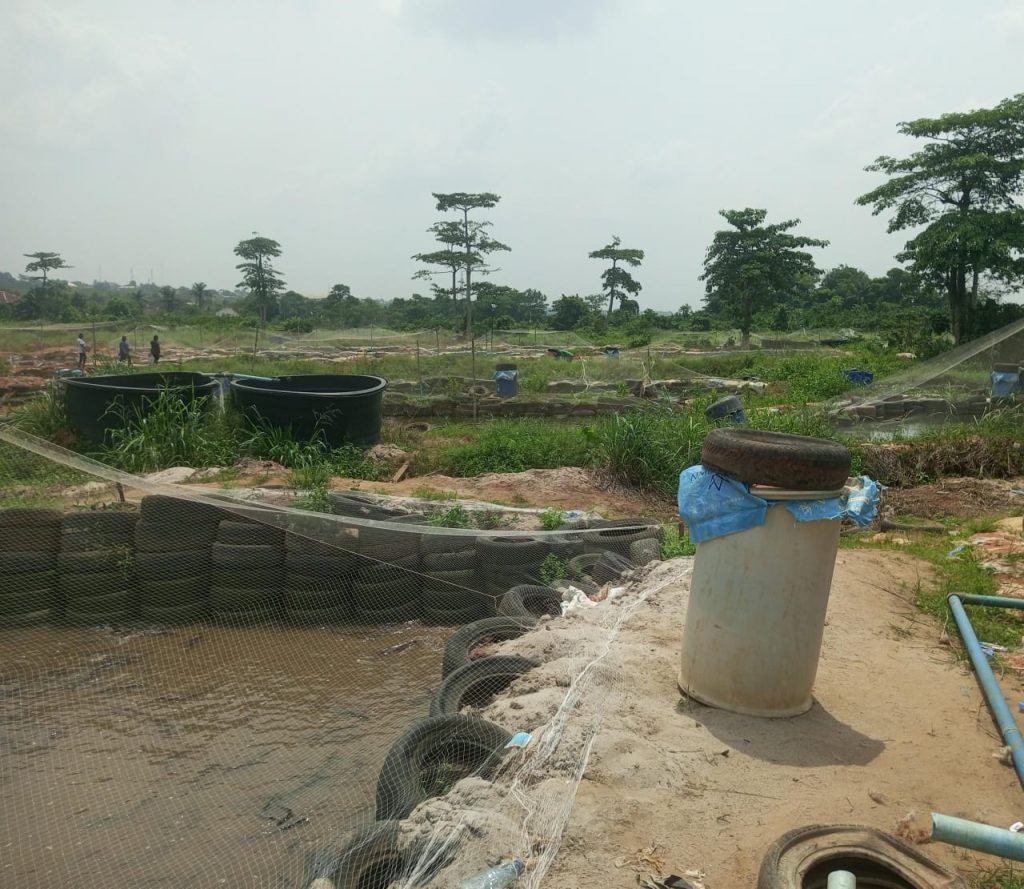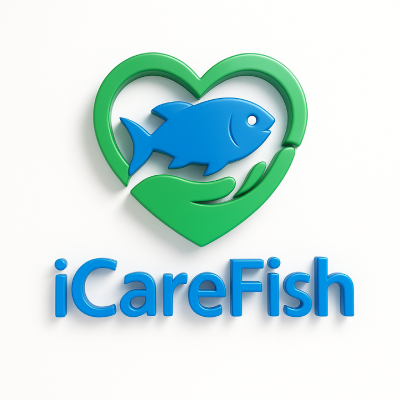Fish Welfare
Fish are the most farmed and caught animals in the world – yet they are also the most overlooked when it comes to animal welfare, especially in Africa.
At ICARE-FISH, we are passionate about changing this.
Why Fish Welfare Matters
Fish Are Sentient Beings
Scientific research now confirms what many have long suspected: fish can feel pain, experience stress, and display complex behaviours like learning, cooperation, and social bonding. They are not simple, insentient creatures—they are living beings capable of suffering.
Ignoring their welfare is both a scientific and moral failure.
The Numbers Are Staggering
Over 100 billion farmed fish and up to 2.7 trillion wild fish are killed globally every year – far more than any other group of animals. In Africa, fish are a major source of food and income, but welfare practices remain largely unregulated and invisible in most policy frameworks.
Millions of fish endure inhumane slaughter without stunning, overcrowded and poorly oxygenated tanks, rough handling during capture and transport, and stressful environmental conditions.
Welfare Is a Justice Issue
Fish are sentient but voiceless in our food systems. They cannot cry out or resist – and that makes it our responsibility to reduce their suffering.
Just as welfare is important for chickens, cows, and pigs, fish deserve compassion and ethical treatment too.
Welfare Links to Sustainability
Fish welfare isn’t just about ethics – it also improves survival rates and growth in aquaculture, water quality and resource efficiency, consumer safety and food security, as well as the environmental impact of fishing and farming.
When fish are treated well, ecosystems and communities benefit too.
Africa Is at a Turning Point
As aquaculture intensifies and demand for fish rises, we have a choice:
Continue expanding systems that ignore welfare or embed humane, sustainable practices now, before suffering becomes systemic
ICARE-FISH is working to ensure Africa chooses the second path. By integrating fish welfare into policy, farming, education, and public discourse, we can build a more compassionate and responsible future.
It’s Time to Act
Fish have long been forgotten in welfare and conservation. ICARE-FISH exists to change that.
Because fish matter.
Baseline Study
As a clear example of the scale of the fish welfare challenges across Africa, our recent research uncovers the urgent need for improved awareness.
Fish Welfare in Action
Working Together to Improve Fish Welfare in Our Cluster Farm Communities
At iCare-Fish, we believe that improving fish welfare starts with people—farmers, community leaders, and everyone involved in aquaculture. Recently, we took two important steps toward strengthening welfare practices in our cluster farm communities, and we are excited to share our progress.
Stakeholder Engagement in Benin City
We held a stakeholder engagement meeting in Benin City that brought together farmers, cluster representatives, and other aquaculture practitioners. The goal was simple: to talk openly about the real challenges farmers face and how we can work together to improve fish welfare.
The discussions were practical and honest. Farmers shared their experiences with feeding, water quality, handling, and the general stress fish face in different farming conditions. Together, we explored ways better welfare practices can reduce losses, improve fish health, and make farming more sustainable for the environment and the community.

This kind of engagement is important to us because it ensures that our work is shaped by the people on the ground.
Their input helps us design solutions that truly fit the needs of each cluster.
A Glimpse of Uteh Cluster Farms – Phase 1
Our field visit to Uteh Cluster Farms gave us a close look at the day-to-day realities of farmers in the area. The cluster has a mix of ponds, tanks, and local farming setups that show both the effort farmers put in and the challenges they deal with.

During the visit, we observed conditions that can affect fish welfare – such as water quality, infrastructure gaps, and the handling process.
These insights are helping us prepare targeted trainings and practical interventions for farmers in the next stages of the project.
Looking Ahead
Both the engagement meeting in Benin and the field activities in Uteh reflect our commitment to promoting humane, responsible, and environmentally friendly aquaculture. By listening to farmers and working directly with them on-site, we are building a more supportive and welfare-focused approach to fish farming.
At iCare-Fish, we will continue to walk alongside farmers, helping them adopt practices that improve fish health, reduce stress, and create stronger livelihoods for their communities.
